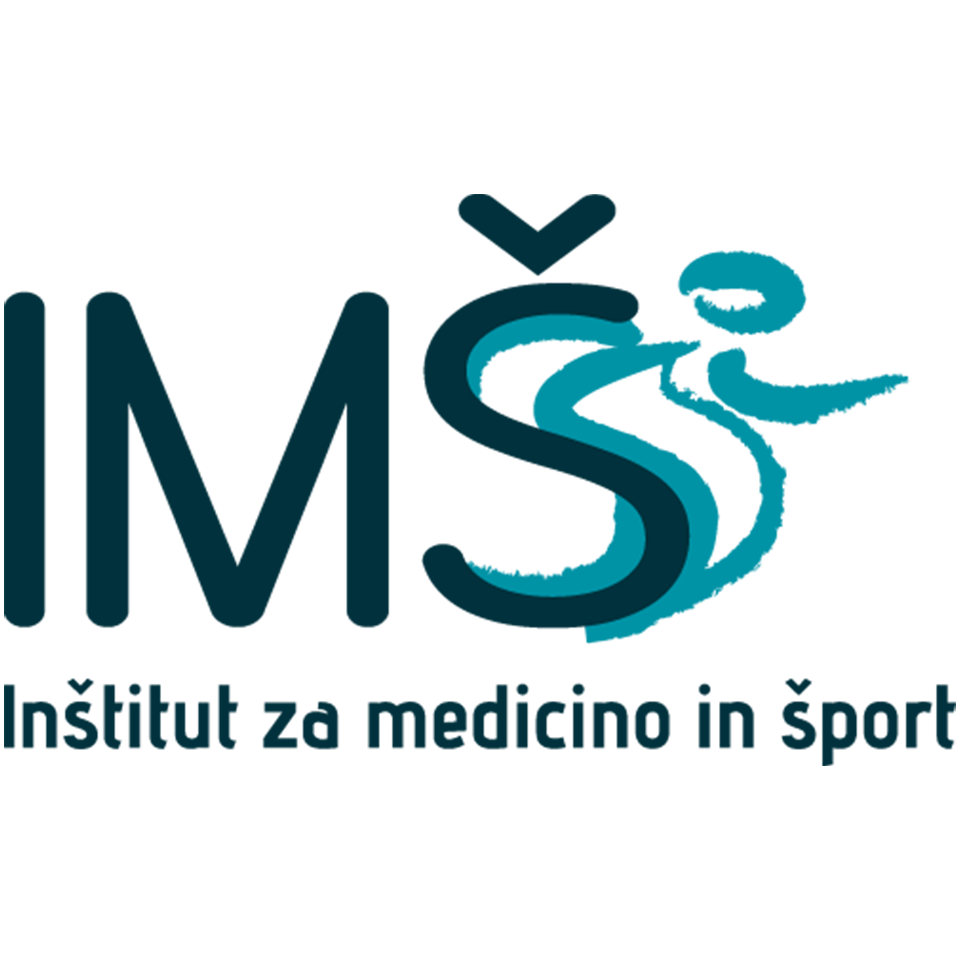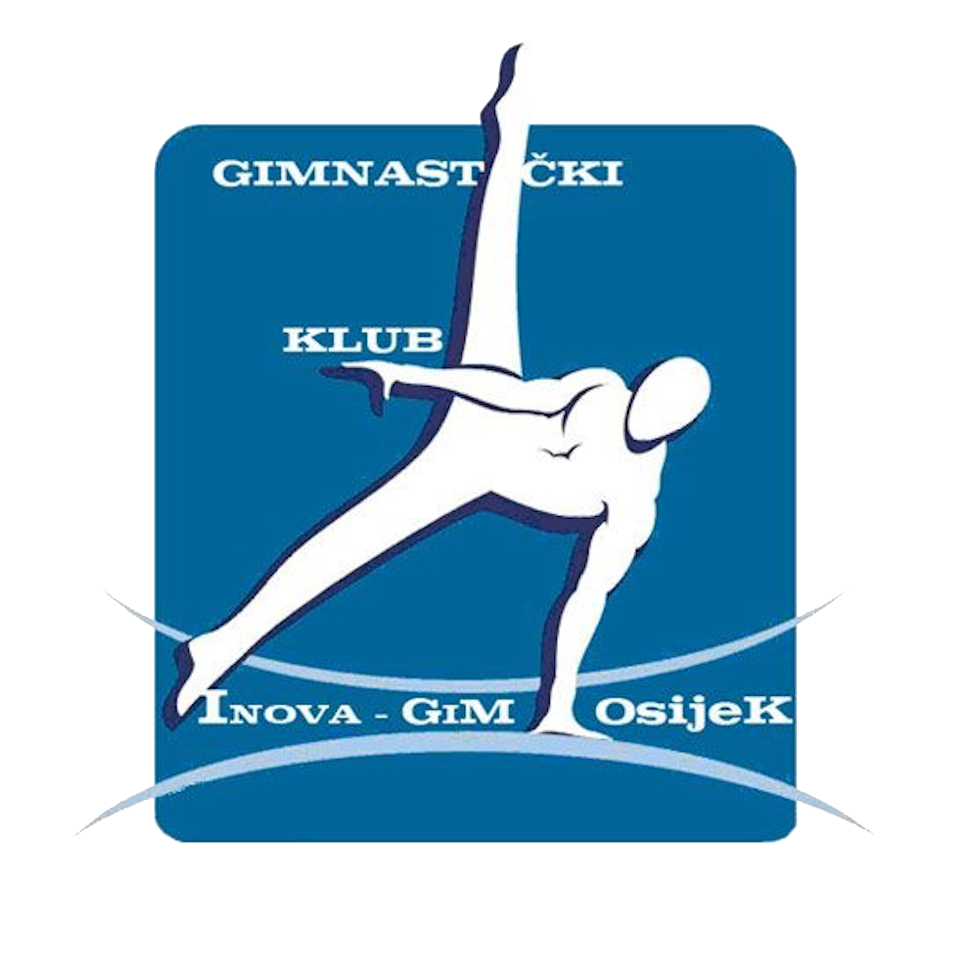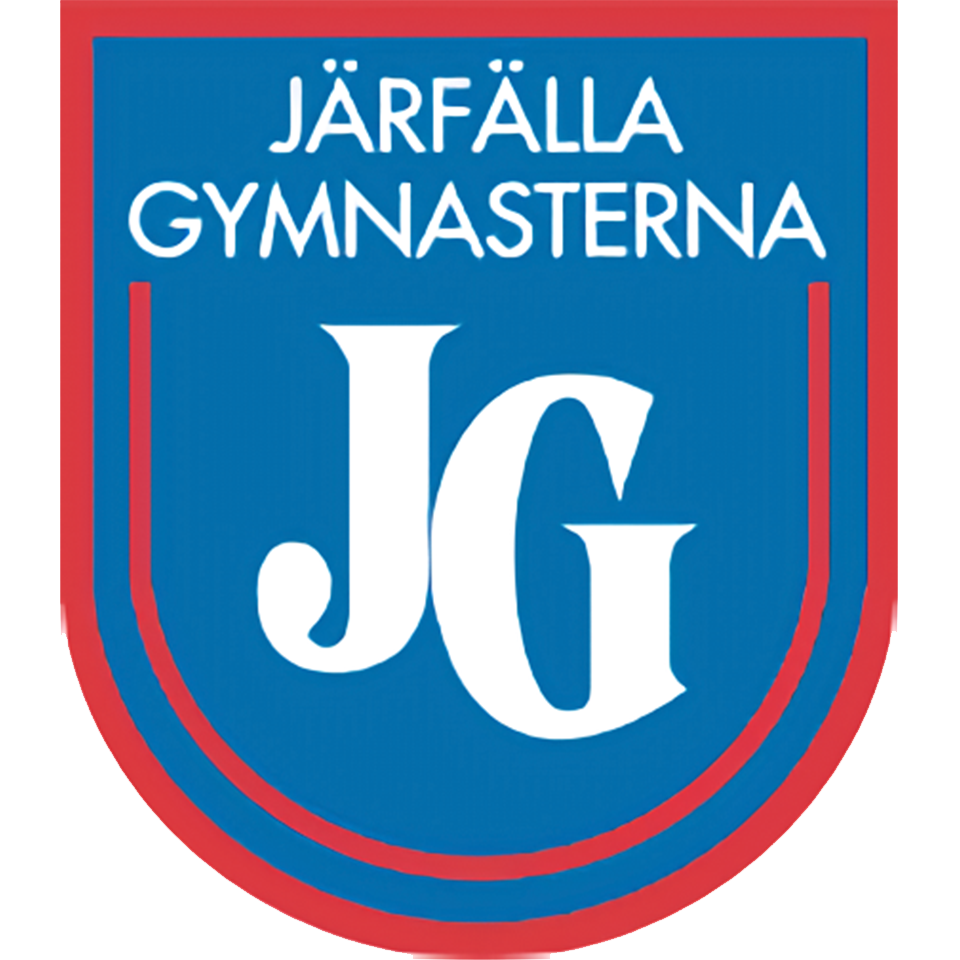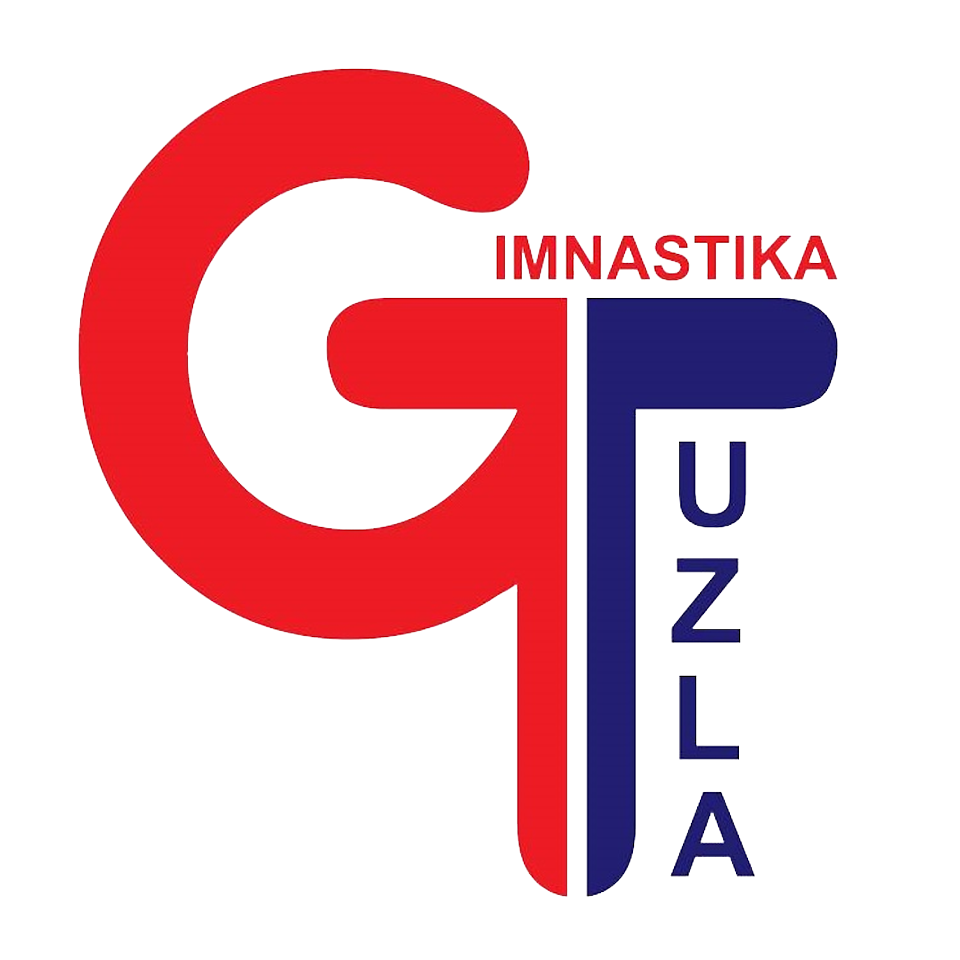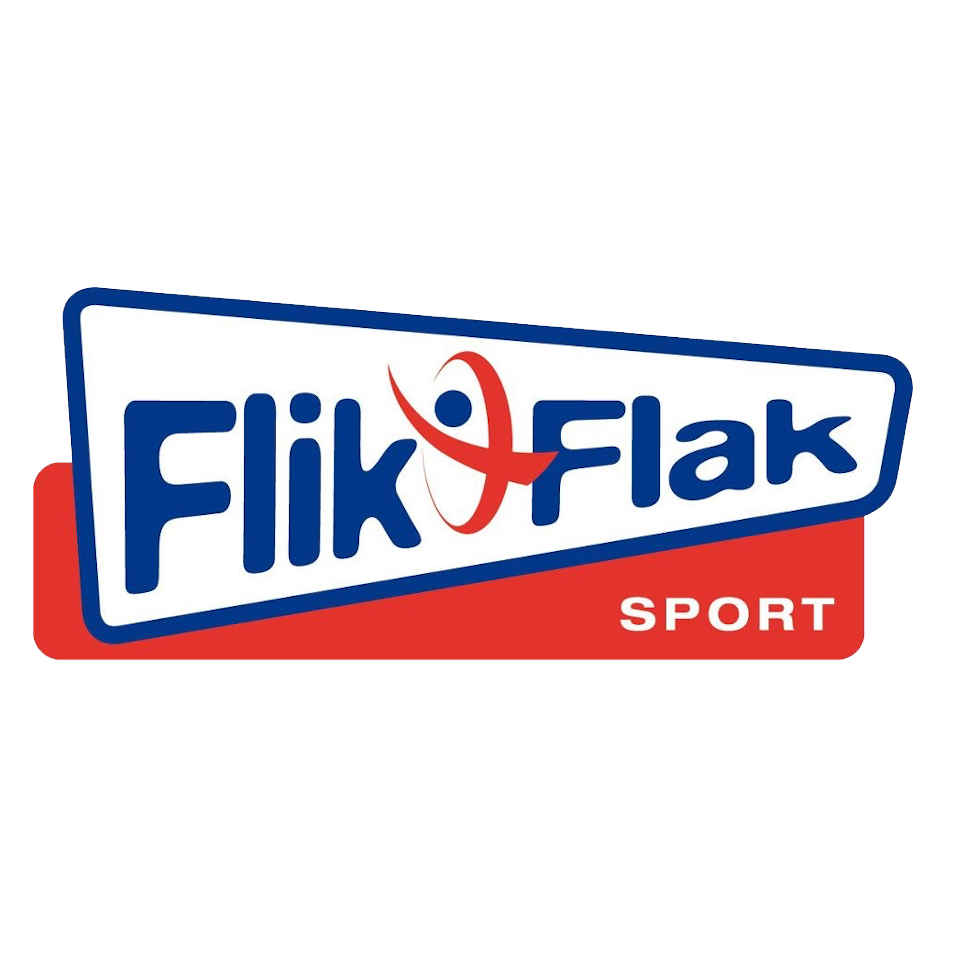About

The development of high-level gymnastics in small European countries
Objective:
The main objective is to empower small countries with high ambitions in high-level gymnastics. Not by copying ways and manners from big countries, but by sharing knowledge and good practices with other small countries. This with special concern for the well-being, the health and the safety of our (young) gymnast; “If you have little, you can’t afford to lose a lot!”
Inducement:
Many small countries are facing difficulties in the development of their young talents, especially in so called ‘early specialization sports’ as gymnastics. Many athletes get injured due to overloading, or are struggling to combine school and sports, or experiencing problems when living far away from their home and parents. In West-European countries gymnasts often undergo harsh training methods of foreign coaches, either by employment of these coaches or by simply copying their methods by local (lower level) coaches. This can affect for example 80.000 gymnasts in the Netherlands who are participating in gymnastics on a lower competition level.
Until the current day, many norms, values and best practices are copied from large countries like China, Russia and the United States; these are very successful countries in gymnastics based on medal rankings in the big tournaments, and therefore serve as an example to the world. However, giving it a second thought, this might not be the smartest thing to do because of European countries having a smaller population and less potential talented gymnasts.
There is a large number of examples from unnecessary dropout and al lot of tears in the gym. There must be an alternative for small countries that want to compete with the big countries on international level.
So the great challenge is to develop a climate in which gymnasts can achieve high performance levels and where the dropout numbers are reduced to a minimum.
Project description:
Five small countries (SWE, NED, SLO, CRO, BIH), will share their problems, exchange good practices and will explore strategies to improve the wellbeing of gymnasts in their country, to increase their international performance level. We believe in our own strengths and possibilities, and we will use that as a fundament for building a healthy gymnastics society with high-performance levels in our countries.
Examples of possible issues:
- How many ours should athletes train in relation to their age?
- What is the role of the parents in this process?
- How important is education and how is this education handled combined with training hours?
- Is it acceptable or necessary (and on what age) to let gymnast live closer to their training environment, away from their homes?
- Is there, or should there be attention for the overall personal development of athletes during their careers (and how)?
- Do the answers to the previous questions conflict with the prevalent norms and values within the existing cultures?
- Is it really necessary to start or specialize so young with gymnastics?
- What is the optimum age at which athletes would reach the top of their sporting careers and what are the consequences for the training load?
- What can we learn from countries with a non-European view on talent, training systems and training methods?
- For what kind of (gymnastics-)sports do certain countries choose, and why do they choose for these sports?
In this project, experiences will be exchanged on the views and implementation of these aspects in various European countries. By making a comparison with other countries and by reflecting on these issues, we believe the climate of elite youth sports will be improved. This will benefit both; the welfare of the athlete and the global performance level.
Activities:
- To create and develop a platform about good practices, norms and values in European gymnastics. This platform will contain administrators, scientists and experts, trainers and coaches, who want to improve the situation of the youth sports practice. It concerns aspects like administration, policies, politics and science but also more practical aspects like training-methods, competition-structures and club management.
- Connect to other International organizations or platforms concerning this topic.
- To organize five Invitational Conferences where managers, board members, experts and coaches from all over Europe can make connections and exchange knowledge about the subject. These Conferences will take place in the year 2020 in Sweden, Croatia, Bosnia & Herzegovina, The Netherlands and Slovenia.
- Construct a digital platform where unions, governments, scientists and practical experts can share their views and experiences (like policy documents, scientific articles and practice descriptions).
- Sign a cooperation agreement with all the participating countries to work together on new projects and researches.
- Collect new opportunities in response to the outcome from the project.
Report and publications of the outcomes, conclusions and comparisons to improve practice and to make recommendations for research. All European countries can take their advantage of it.
Project-partners:
- Gymnastics club Flik-Flak Netherlands (coordination)
- Institute for Sport and Medicine Slovenia
- Gymnastics club Tuzla Bosnia-Herzegovina
- Gymnastics club Inova-GIM Croatia
- Gymnastics club Järfälla Gymnastena Sweden
